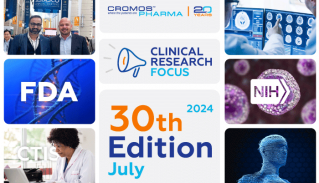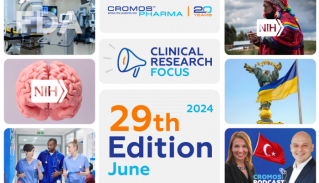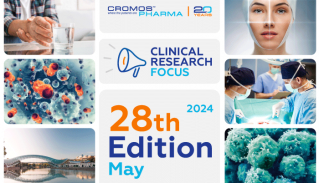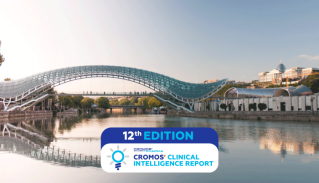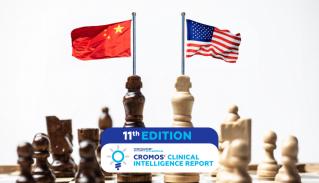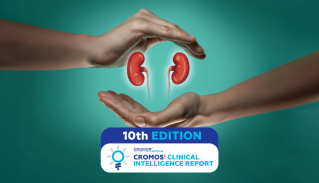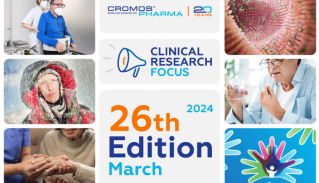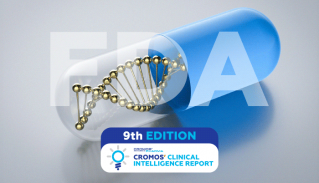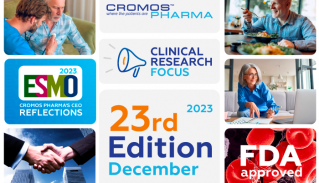
Revision of the EU Pharmaceutical Legislation: the Changes Are Major and the Impact Will Be Significant
On April 24, 2023, in its first major revision of the EU pharmaceutical legislation in over 20 years the Commission is proposing the most ambitious changes that will have a lasting impact on the drug industry. The reform includes two legislative proposals: a new Directive and a new Regulation which establish the EU regulatory framework for all medicines, replacing the previous pharmaceuticals legislation.
Here are the important highlights:
1. In a push to create equal access to medicines and a Single Market for all Member States, a system of incentives and penalties is being proposed:
· The standard regulatory protection period will be reduced by 2 years and innovative medicines will now have a minimum period of regulatory protection of 8 years, down from 10, which includes 6 years of data protection and 2 years of market protection.
· 2 years of protection can be obtained if the companies launch the medicine in all Member States.
· 6 months may be added if the medicine addresses an unmet medical need.
· 6 months may be added if comparative clinical trials are conducted.
· 1 year of data protection can be granted if the medicine has more than one indication.
· 1 year of market exclusivity may be added if the medicine addresses a high unmet medical need.
· up to 2 extra years will be added for developing new therapeutic indications for an already authorized orphan medicine.
· developers of “game-changing’ antimicrobial drug candidates may be able to receive “transferable data exclusivity vouchers” which they can either use themselves or sell. The voucher will offer the developer 1 additional year of data protection from competition for the medicine that the voucher applies to.
· medicines for rare diseases will have 9 years of market exclusivity.
2. Authorizations of new medicines will take less time.
· EMA’s assessment will be reduced to 180 from 210 days.
· The Commission’s authorization will take 46 instead of 67 days.
· Only 150 days will be required to assess medicines that are of major public health interest.
3. EMA’s early scientific advice by will be offered every year before the drug developer applies for a marketing authorization.
4. The use of real-world evidence and health data will be facilitated. Regulatory “sandboxes” will allow testing new regulatory approaches for novel therapies under real world conditions.
While being hailed by patient support groups and nonprofits as a major achievement, it has drawn significant critique from the Pharma industry that sees the reduction in regulatory protection as a significant threat to the future of European drug development.


